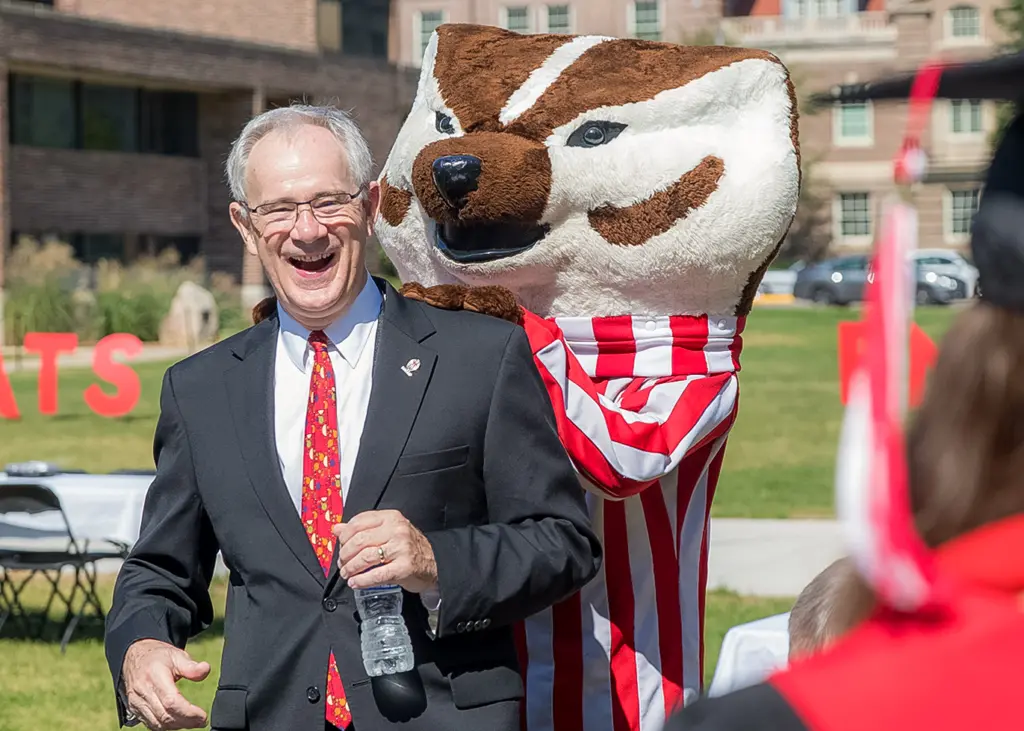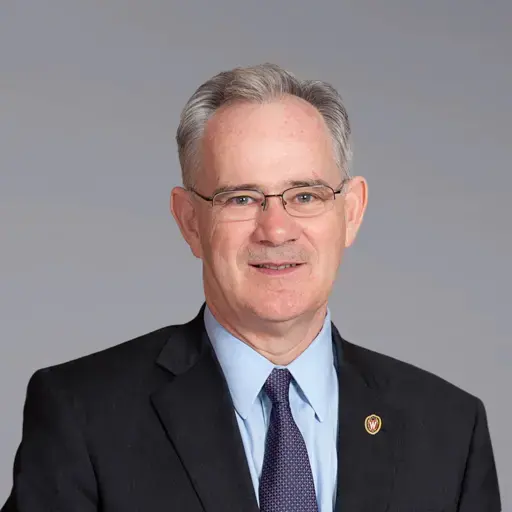
After more than 11 years at the helm of one of the nation’s top engineering programs, Ian Robertson, Grainger Dean of the College of Engineering at University of Wisconsin-Madison, announced he will step down from his post. Depending on a successor’s timeline, Robertson may remain in the role through the end of December 2024.
The university will conduct a nationwide search for a new dean. Details about the effort are forthcoming.
Robertson became the college’s ninth dean in 2013. He will continue to serve as a faculty member in the Department of Materials Science and Engineering at UW-Madison, where he studies how the microstructure of materials evolves when they are exposed to extreme conditions.
During his term as dean, Robertson presided over a period of growth, making strategic investments in the college’s educational portfolio, in hiring and recognizing outstanding faculty at all levels, as well as in major upgrades to its existing facilities for both research and education—among them a new engineering building. Working to ensure access to an excellent engineering education for additional top students, he oversaw intentional increases in the size of the college’s undergraduate student body. Not long after Robertson became dean, the university launched its most ambitious comprehensive fund-raising campaign, All Ways Forward, during which the college raised more than $300 million.
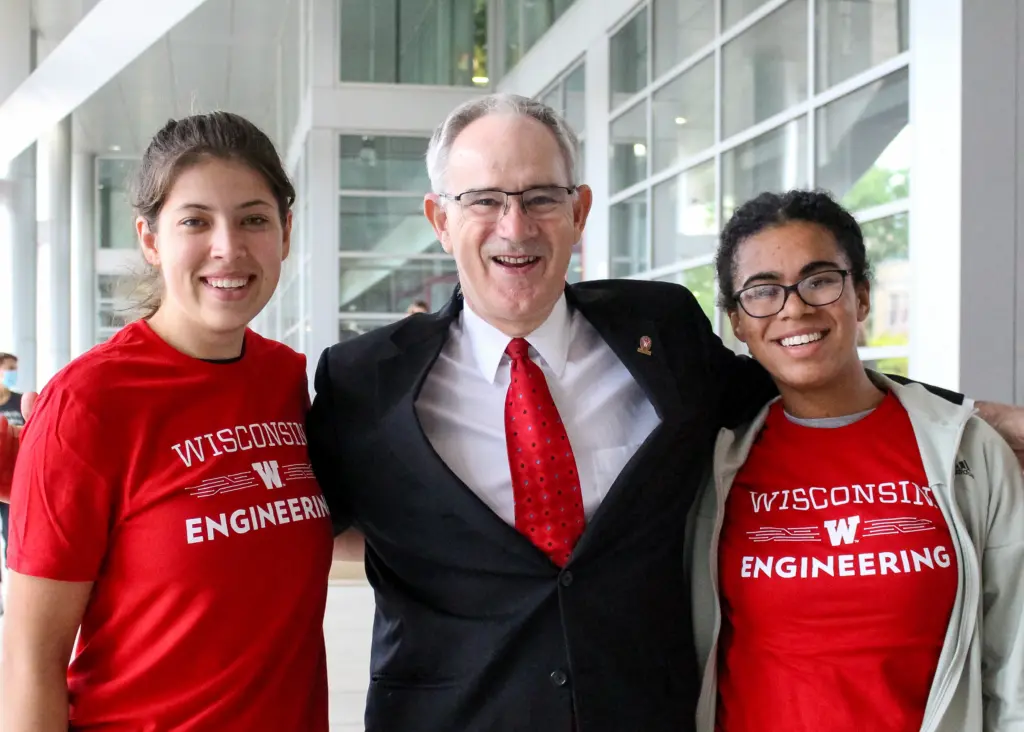
The list of Robertson’s accomplishments is long. Highlights include:
Investments in faculty, research and teaching and impact
- Hired more than 130 faculty—including both promising young faculty and those with established research programs—bringing the total number of engineering faculty to nearly 220.
- Expanded the number of professorships the college offers faculty from 13 to more than 100, enabling the college to recruit, retain and reward the best faculty at all levels.
- Launched the Grainger Institute for Engineering (2014), which partners from academia, industry, government and communities around societal challenges to create transformational solutions.
- Established the Center for Innovation in Engineering Education to study, apply and disseminate educational innovations that advance learning for all and equip future engineers to positively impact the world.
- In partnership with the College of Letters and Science and the School of Computer, Data & Information Sciences, spearheaded the Technology Entrepreneurship Office to accelerate commercialization of UW-Madison science and technology advances.
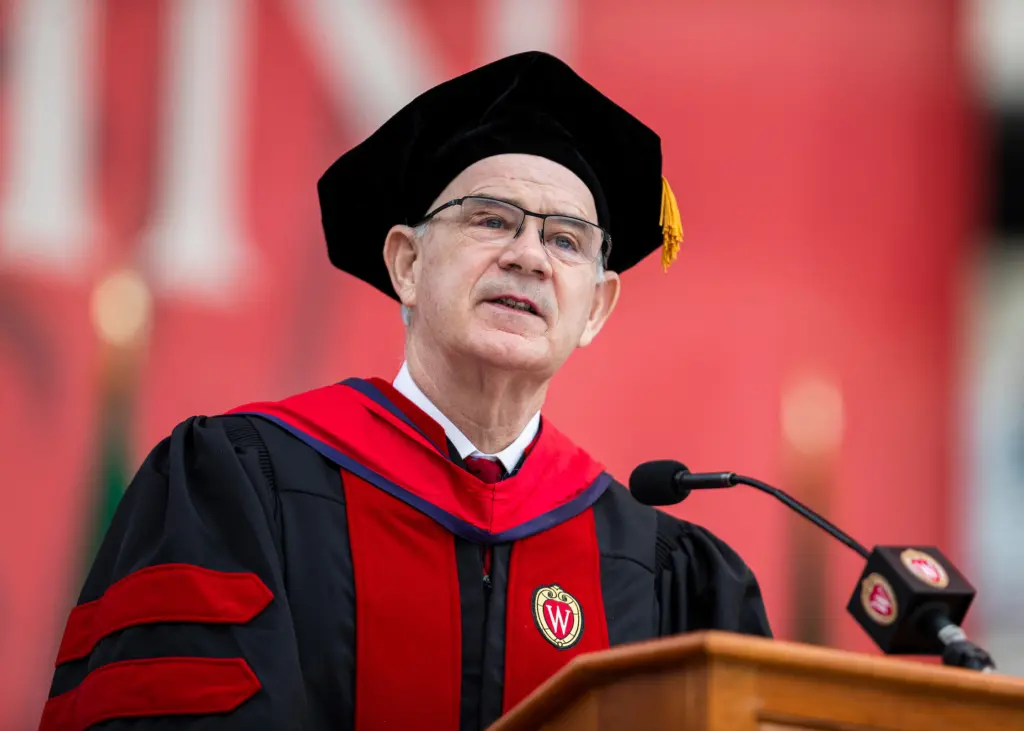
Investments in students and the student experience
- With commitments from key donors, endowed and expanded the college’s Undergraduate Learning Center, created the Strategic Targeted Achievement Recognition (STAR) scholarship program to recruit the best and most diverse pool of students to engineering, and funded scores of undergraduate-focused facility upgrades, including a complete renovation of all four floors of Wendt Commons.
- Increased the college’s undergraduate scholarship endowment to more than $35 million so that it can attract top students and make an engineering education possible for students who otherwise might not be able to afford college.
- Spearheaded creation of the Grainger Engineering Design and Innovation Laboratory, the college’s vibrant makerspace.
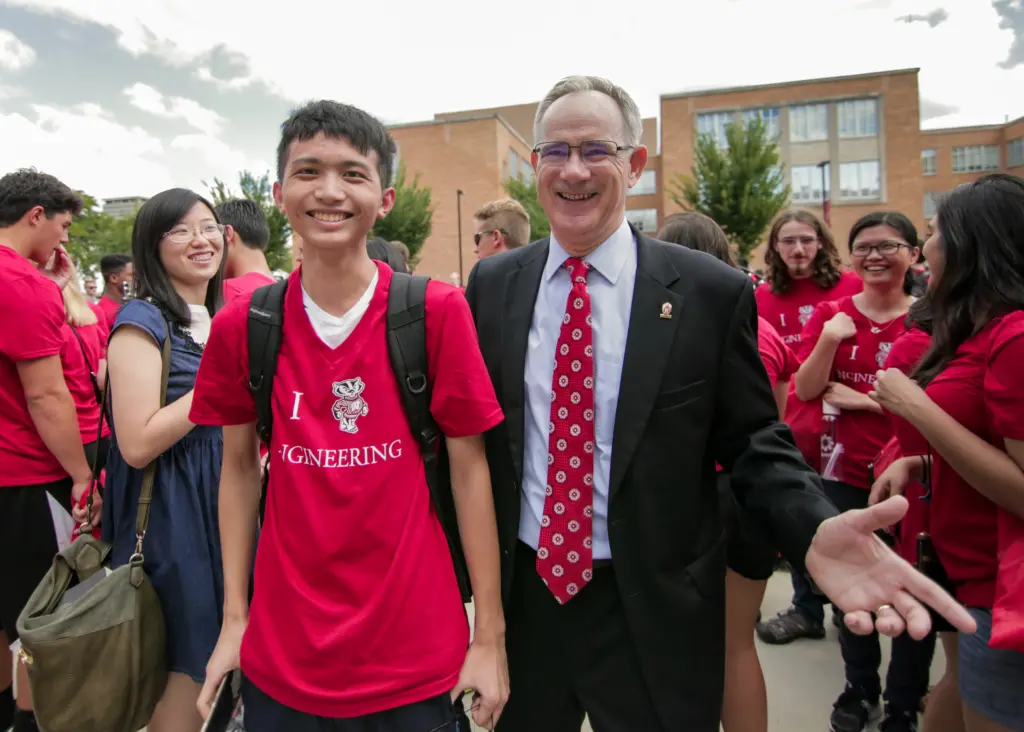
Investments in the college’s physical space
- A new 395,000-square-foot engineering building; the first new building on the College of Engineering campus in more than two decades, the state-of-the-art facility is critical in the college’s ability to keep pace with industry and student demand. The building is expected to open in 2028.
- Through private gifts, created widely used community gathering spaces indoors and out; among them, Huibregtse Commons in Engineering Hall and the adjacent outdoor plaza.
- Through private and corporate gifts, constructed or updated facilities for research and learning, such as the Jun and Sandy Lee Wisconsin Structures and Materials Testing Laboratory, the Sub-Zero/Wolf Laboratory, the James H. Thompson Design Studio, the Rockwell Automation Industrial Connected Enterprise Lab, the Kohler Innovation Visualization Studio, the Plexus Collaboratory, and the John C. Kuetemeyer Instructional Laboratories, among many others.
- Oversaw numerous major updates to improve the safety and security of engineering classrooms, offices, laboratories and buildings.
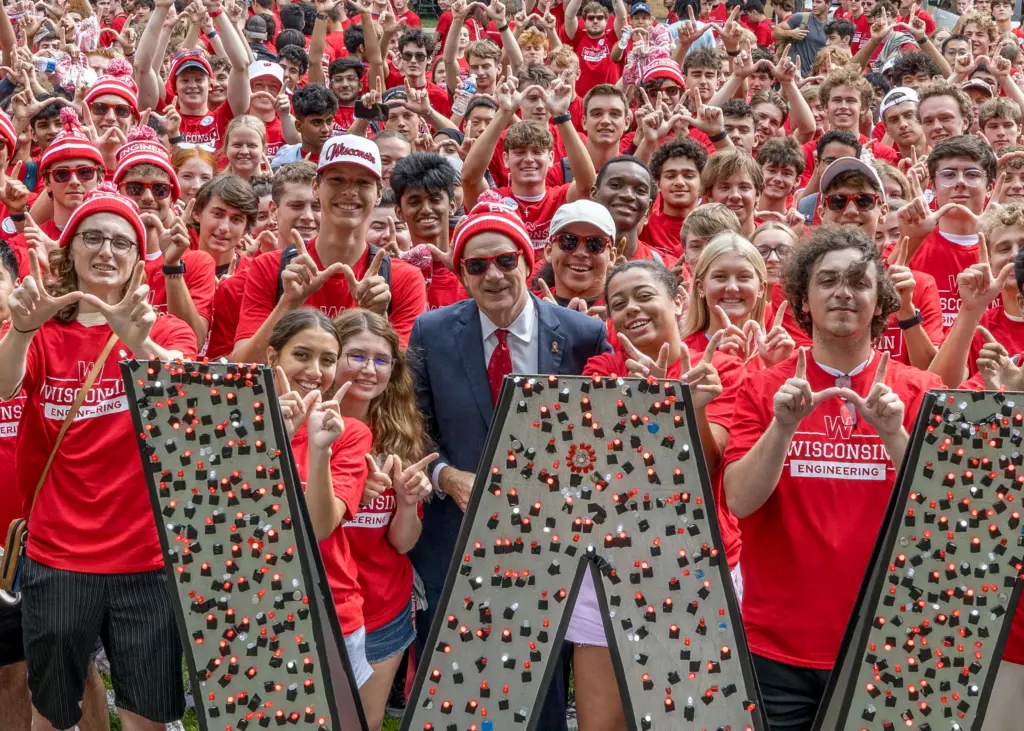
Investments in a welcoming, inclusive culture
- Initiated college-wide community-building events, including an engaging annual welcome event for more than 1,200 entering engineering undergraduates, and a formal engineering graduation celebration at the Kohl Center.
- Hired the college’s first-ever associate dean for inclusion, equity and diversity in engineering.
- Supported creation of a family leave policy for graduate students and established an assistant dean for graduate affairs position to directly support graduate students.
- Created an assistant dean for student services position to support holistic engineering student wellness.
- Elevated the importance and understanding of ethics in engineering across the spectrum of undergraduates, graduate students, faculty and staff.
Prior to joining the College of Engineering as dean, Robertson enjoyed a career spanning more than 30 years at the University of Illinois, where he was the Donald B. Willette professor in materials science and engineering. He served that department as head from 2003 to 2009. He also served for two years as the director of the National Science Foundation Materials Research Division. Robertson earned his bachelor’s degree in applied physics from Strathclyde University, Glasgow, Scotland in 1978; and doctor of philosophy from the University of Oxford, Oxford, England, in 1982.
